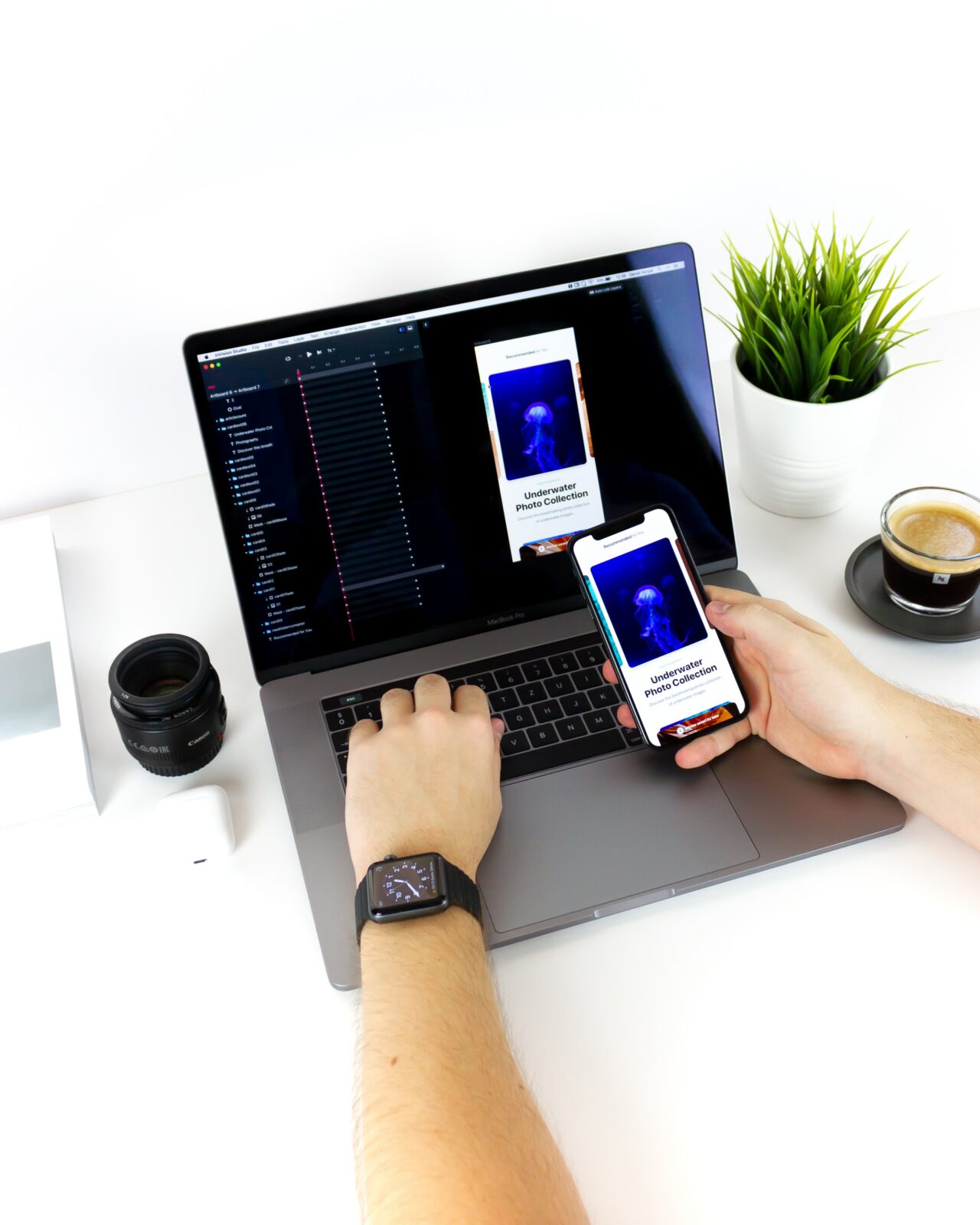Mobile apps have revolutionized the way we communicate, interact, and access information. We rely on them for everything from banking and shopping to socializing and entertainment. With the increasing use of mobile apps, the security and protection of personal data have become a major concern for users, developers, and organizations.
In this blog, we will discuss the importance of mobile app security and data protection and why it should be a top priority for everyone involved in mobile app development.
The Risks of Inadequate Security
Mobile apps are vulnerable to a range of security threats that can compromise personal data, including sensitive information such as passwords, credit card details, and social security numbers. These threats can come from various sources, including hackers, malware, and even the app itself.
Inadequate security measures can result in significant financial losses for users and businesses, as well as damage to the reputation of the app and the organization behind it. Some of the risks of inadequate security include:
Data breaches: A data breach occurs when sensitive information is accessed, stolen, or compromised by unauthorized individuals. Data breaches can result in significant financial losses for businesses and individuals, as well as damage to their reputation.
Malware: Malware is a type of software that is designed to harm, steal, or destroy data. Malware can be introduced to mobile apps through various channels, such as email attachments, infected websites, and third-party app stores.
Phishing: Phishing is a technique used by hackers to steal sensitive information by posing as a trustworthy entity. Phishing attacks can be carried out through various channels, including emails, text messages, and social media.
App vulnerabilities: App vulnerabilities can be exploited by hackers to gain unauthorized access to personal data. These vulnerabilities can be introduced during the app development process or by third-party libraries used by the app.
The Importance of Mobile App Security
Mobile app security is essential for protecting personal data from security threats. App security involves implementing a range of measures to protect against threats such as data breaches, malware, phishing, and app vulnerabilities.
The following are some of the key reasons why mobile app security is important:
Protects personal data: Mobile app security measures help to protect sensitive personal data from unauthorized access and use. This includes passwords, credit card details, social security numbers, and other personal information.
Enhances user trust: Mobile app security measures enhance user trust in the app and the organization behind it. Users are more likely to use an app that they trust to protect their personal data.
Complies with regulations: Mobile app security is essential for complying with regulations such as the General Data Protection Regulation (GDPR) and the California Consumer Privacy Act (CCPA). Failure to comply with these regulations can result in significant financial penalties and damage to reputation.
Protects against financial losses: Mobile app security measures protect against financial losses resulting from data breaches and other security threats. Businesses can save money on costly data breach remediation and legal fees by implementing effective security measures.
Protects against reputation damage: Mobile app security measures protect against reputation damage resulting from data breaches and other security threats. A data breach can result in a loss of trust and confidence in the app and the organization behind it.
Mobile App Data Protection
In addition to security measures, mobile app developers must implement effective data protection measures to ensure that personal data is protected at all times. Data protection involves implementing measures to ensure that personal data is only collected, processed, and stored in accordance with the app’s privacy policy and applicable regulations.
The following are some of the key data protection measures that mobile app developers should implement:
Data encryption: Data encryption is the process of converting sensitive data into a format that can only be read by authorized individuals. Encryption helps to protect against data breaches.
User authentication: User authentication is the process of verifying the identity of the user before allowing access to sensitive data. This can include passwords, biometric authentication, and two-factor authentication.
Data minimization: Data minimization involves collecting only the necessary data to provide the app’s services. This reduces the risk of data breaches and ensures that personal data is only collected and processed for legitimate purposes.
Data retention: Data retention involves deleting personal data that is no longer needed. This ensures that personal data is not retained for longer than necessary, reducing the risk of data breaches.
Appropriate data sharing: Appropriate data sharing involves ensuring that personal data is only shared with third parties for legitimate purposes and with the user’s consent. This ensures that personal data is not misused or shared without the user’s knowledge.
Regular security updates: Regular security updates ensure that the app is protected against the latest security threats. Developers should ensure that security updates are installed promptly and regularly.
Conclusion
In conclusion, mobile app security and data protection are essential for protecting personal data from security threats. Inadequate security measures can result in significant financial losses for users and businesses, as well as damage to the reputation of the app and the organization behind it. Mobile app developers must implement effective security and data protection measures to ensure that personal data is protected at all times.
By implementing effective security and data protection measures, mobile app developers can enhance user trust, comply with regulations, protect against financial losses and reputation damage, and ensure that personal data is collected, processed, and stored in accordance with the app’s privacy policy and applicable regulations.



